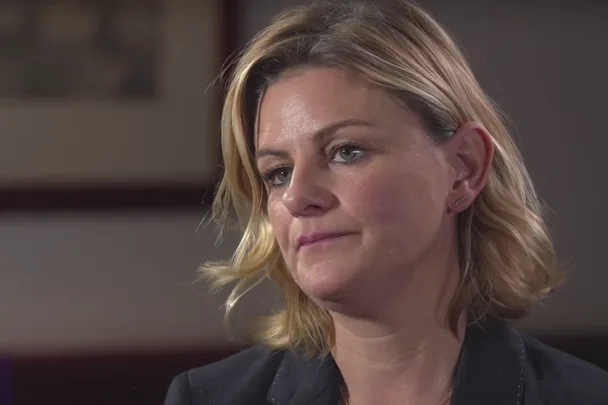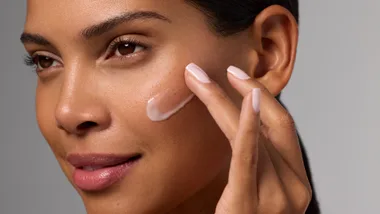In an interview with the BBC, Harvey Weinstein’s former assistant Zelda Perkins has broken her non disclosure agreement to speak about working with the “repulsive monster”.
When Perkins started working at Miramax Films in the 1990s, she was warned to always always sit in an armchair, never beside Weinstein on the couch, and to always wear her puffer jacket. She implies that she was subjected to similar behaviour many others have accused Weinstein of perpetrating – “massages, inappropriate suggestions and working unclothed”.
Although she was never physically threatened by him, “emotionally and psychologically, constantly”.
His behaviour came to a head for Perkins when the disgraced movie mogul allegedly attempted to rape her colleague at the Venice Film Festival in 1998.
“She was shaking, very distressed, and clearly in shock,” Perkins said. “She didn’t want anybody to know and was absolutely terrified of the consequences. I spoke with her and tried to calm her down before confronting Harvey face to face.”
He denied the allegations and after returning to the UK, the pair resigned from the company and hired a lawyer. Despite wanting to lay criminal charges, Zelda said that their lawyers made it clear that due to lack of evidence, taking the £125,000 settlement and keeping silent was their only option.
RELATED: The Complete List Of Harvey Weinstein’s Accusers And Their Allegations

“It sounds odd, but for me that was really when my trauma started, when my abuse started,” explains Perkins, “I could deal with Harvey. He was an unpleasant difficult man, but I had ways of dealing with him. What I couldn’t deal with, what I had no equipment for was to deal with the legal system. Essentially, I had gone to the parents to say, ‘Somebody has done something bad,’ and there was no recourse. And that was really shocking and very frightening, to discover the law couldn’t help me.”
She wanted to ensure that there was a way to stop Harvey’s behaviour, so they negotiated their non-disclosure agreement to include therapy sessions for Weinstein, and that Perkins would attend his first session to ensure he addressed the assault. It never happened.
The gag order meant that Perkins was unable to speak to a therapist without a non-confidentiality agreement, discuss her settlement with her accountant, or even own a copy of the non disclosure agreement, describing it as a ‘smoking gun’.
Perkins said the experience left her ‘broken’, ‘exhausted’ and ‘disillusioned’.
“The last 20 years have been distressing, where I’ve not been allowed to speak, where I’ve not been allowed to be myself,” she said. “Although the process that I went through was legal, it was immoral.”
She called for a change in the laws around gag orders that “protects a criminal”.
You can watch the full interview below.
 BBC
BBC









